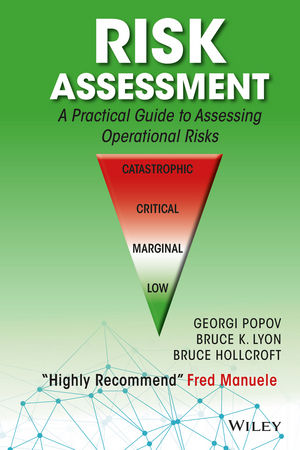 A study by The Goodfellow Unit of the Department of General Practice and Primary Health Care, School of Population Health, The University of Auckland, New Zealand aimed to investigate occupational stress amongst audiologists, along with quantification of their professional quality of life: Burnout, compassion fatigue, and compassion satisfaction.
A study by The Goodfellow Unit of the Department of General Practice and Primary Health Care, School of Population Health, The University of Auckland, New Zealand aimed to investigate occupational stress amongst audiologists, along with quantification of their professional quality of life: Burnout, compassion fatigue, and compassion satisfaction.
Results were published in the February issue of International Journal of Audiology.
Research method: A cross-sectional postal survey research design using an audiology occupational stress questionnaire (AOSQ), and the professional quality of life (ProQOL) instrument.
Survey: The sample consisted of members of the New Zealand Audiological Society. One hundred and forty-five questionnaires were mailed, 82 responses were received.
Result: The main findings suggest that six stress factors dominate clinical audiology: (1) time demand, (2) audiological management, (3) patient contact, (4) clinical protocol, (5) patient accountability, and (6) administration or equipment.
A significant relationship was found between increasing age of the audiologist and risk of acquiring burnout (chi-square (1) = 6.119, p < 0.05).
Pearson's correlation's revealed time demand was the strongest predictor of low compassion satisfaction (r = 0.327) and burnout (r = 0.463), while stress associated with patient contact was the strongest predictor of compassion fatigue (r = 0.352).
Conclusion: This study identifies sources of stress for clinical audiologists and different factors that contribute to professional quality of life.




